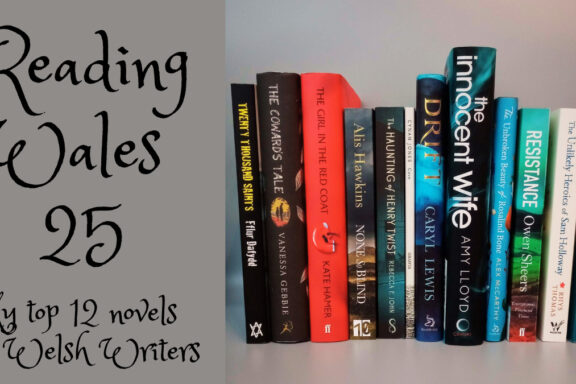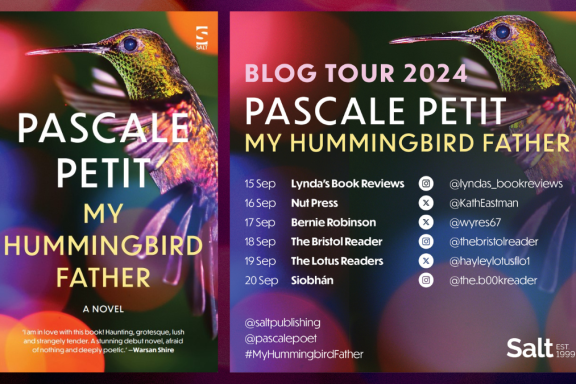 Judith Kinghorn’s beautifully-written and evocative debut novel The Last Summer was one of my favourite reads of 2012. Which might help to explain why, on the eve of her second novel coming out, I’m only now getting around to trying to do it justice in a review.
Judith Kinghorn’s beautifully-written and evocative debut novel The Last Summer was one of my favourite reads of 2012. Which might help to explain why, on the eve of her second novel coming out, I’m only now getting around to trying to do it justice in a review.
The Last Summer has been marketed as a book that viewers of Downton Abbey would enjoy. I can understand why, given that it opens in the country estate of Deyning Park in 1914, the year in which the first series of Downton Abbey ends, and involves a love affair between two people from different social classes. But if, like me, you were one of the few people who didn’t enjoy the show and switched off at the beginning of its second series, please don’t let that be the reason you miss out on what is a wonderfully rewarding read in itself.
What I particularly enjoyed about The Last Summer is how much depth there is to the story. Clarissa, the heroine, is on the cusp of adulthood and about to embark upon her first real love affair: “I was almost seventeen when the spell of my childhood was broken”. But the world she inhabits is also about to undergo a profound transformation: “the vibration of change was upon us, and I sensed a shift: a realignment of my trajectory. It was the beginning of summer and, unbeknownst to any of us then, the end of a belle époque.“
So the book opens with not only Clarissa, but society as a whole, enjoying one last summer of innocence before the First World War breaks out. And it’s this parallel between Clarissa’s story and that of the society she lives in that makes the book work so well for me. Her story alone would have been interesting but by putting it in this wider context I had a much greater appreciation of her as a character, and also just how restricted her options were. I have to be honest, when I started the book, I didn’t expect to like Clarissa as much as I eventually did and it’s all down to Judith Kinghorn’s characterisation of her that I was won over. I began to see the limitations she lived within and how frustrating they might be, and also how brave she was to challenge them or to go against them in the way that she does throughout the book. What I had to keep reminding myself was that the action of the book is set less than a hundred years ago. It really made me appreciate how much has changed in society and how much more freedom I had at Clarissa’s age, despite our not sharing the same social standing, let alone someone like my niece who was almost seventeen last summer when I read the book.
It’s so much more than a story of the love affair between the two central characters; it’s a book that surprised me by turning my opinions about women of a certain class around but one which also taught me about just how seismic a shift there was in society during this period. Above all else, like all truly great reads, it’s a book that’s stayed with me. I know I’ll keep The Last Summer on my bookshelves to revisit.
The Last Summer is available from all good bookstores and online retailers and Judith’s second novel The Memory of Lost Senses is out tomorrow. You can find out more about both books and the author from her Author Website or by following Judith on Twitter.



Leave a comment